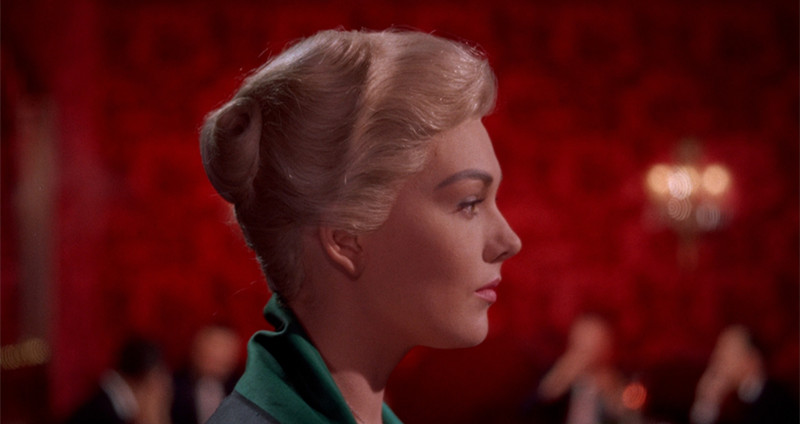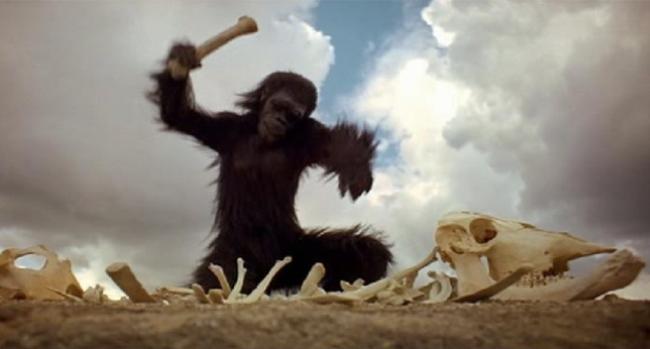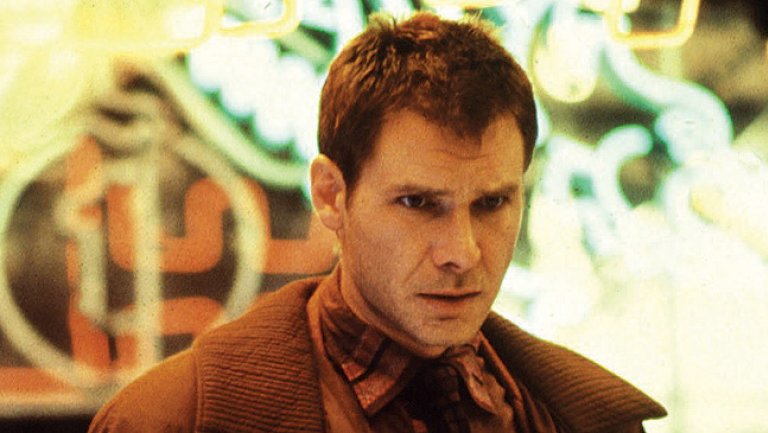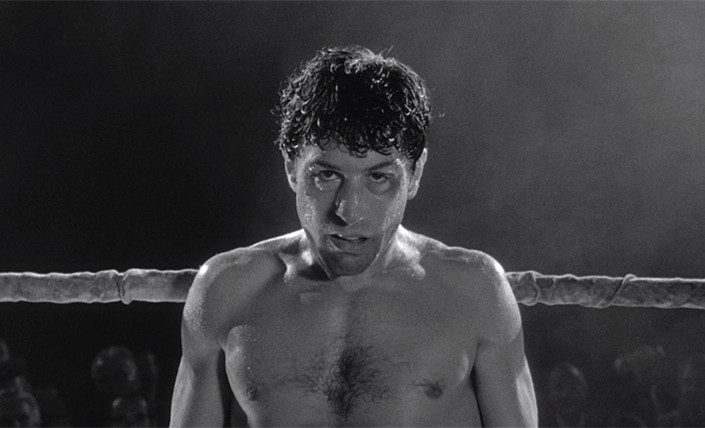
Pauline Kael was one of the most acclaimed, opinionated, and clever movie critics. Her reviews could be controversial and she left an impact on other critics such as Roger Ebert. She had a taste for violence in films, but only when it was purpose and she disliked movies she felt were superficial or manipulative.
Here are a few films most critics and viewers regard as classics, but which Pauline Kael did not care for.
1. 2001: A Space Odyssey (1969)

Stanley Kubrick’s 2001: A Space Odyssey is now considered one of the greatest films of all time. It transcends genres, story structure, space, and time. When it was first released in 1968, critic and audience reactions were split. Some viewed it as an exquisite milestone in science fiction cinema, while others found it unimaginatively dull.
Pauline Kael sees 2001: A Space Odyssey as a big waste of sets and equipment with no sense of structure. She states the story line is the “most gloriously redundant plot of all time” (Abrahams 223), insisting that no point is made in the movie. She goes on to call Kubrick an amateur and that the only viewers who enjoy the film are those that are stoned or idiots.
The special effects are one of the elements that make 2001 so memorable and Kael does give them credit, but swiftly follows up with shaming Kubrick for making his characters so uninteresting and calling the film “monumentally unimaginative” (223).
2. A Clockwork Orange (1971)

One of the more controversial films in the history of cinema, A Clockwork Orange initially received an X rating in America and was even withdrawn from UK cinemas due to it’s use of violence and rape. However, it still received critical acclaim upon release and gathered four Oscar nominations, including one for Best Picture.
When violence is not justified in a film, Kael has no sympathy. She detests the pointless rape and violent scenes in A Clockwork Orange and seems upset at Stanley Kubrick for forcing the audience to like it. “Kubrick is determined to be pornographic, and he has no talent for it” (Abrahams 416).
Kael says the picture plays with violence in a seductive way with absolutely no depth and that Kubrick’s use of composition and classic music are “ponderous techniques” (416). The one thing about A Clockwork Orange Kael does seem to enjoy is the performance by Malcom McDowell as Alex. However she insists all the other performances are terrible.
3. Blade Runner (1982)

Upon first viewing, most critics preferred the special effects in Blade Runner to the plot, which they found slow. Three decades later, several different versions have been released and Ridley Scott’s science fiction epic is considered one of his best works.
Kael loves the sets of Blade Runner. They are “extraordinary, and they’re lovingly, perhaps obsessively, detailed” (Abrahams 945). She loves the futuristic science fiction look the film offers, but that’s all she likes. She insists that too much effort was put into in the film noir look of the film and not the story. “At some point, Scott and the others must have decided that the story was unimportant” (946).
Kael is particularly bothered by why there is no explanation for why the 2019 future is the way that it is and the “boring” characters in the movie. Actors Harrison Ford and Sean Young do not impress her and she finds Rutger Hauer performance ridiculous. In the end, she concludes that all the moviemaker’s thinking “must have gone into the sets” (948).
4. Casablanca (1943)

Most people, critics and audiences alike, consider Casablanca the greatest love story on film. It is ranked #2 on the American Film Institute Top 100 Films of all time and took home Oscar gold for Best Picture and Director. The film is filled with many memorable quotes, characters and scenes. Most consider it a perfect film, except Pauline Kael.
Although she doesn’t despise Casablanca, she says it only works because the audience does not take the over romanticisms and dramatic plot twists seriously. She does not seem to care for the character of Rick, played by Humphrey Bogart, who she insists fulfills the male fantasy of the rebellious hero “who hates and defies officialdom” (Reviews). In the end, Kael gives in saying that Casablanca works, but it is “far from a great film” (Reviews).
5. Raging Bull (1980)

After a rush of critically acclaimed movies in the seventies (Mean Streets, Alice Doesn’t Live Here Anymore, Taxi Driver), Martin Scorsese was convinced by Robert De Niro to make a movie about boxing, a subject Scorsese knew nothing about. The result was a black and white cinematic masterpiece with high praise to the director and lead actor.
Although Kael admires De Niro’s performance in the boxing ring scenes, she is unimpressed with his incredible physical transformation and his shouting and violent moments with the other characters. “The other actors repeat their vapid profanities, goading each other to dredge up some hostility” (Abrahams 877).
She insists that there is nothing underneath these scenes – no subtext. One of the things that made Raging Bull unique was its visual style, but Kael does not care for that either. The writes that the style is “so hyper that you’re aware of the art, which kills the tabloid effect” (879).